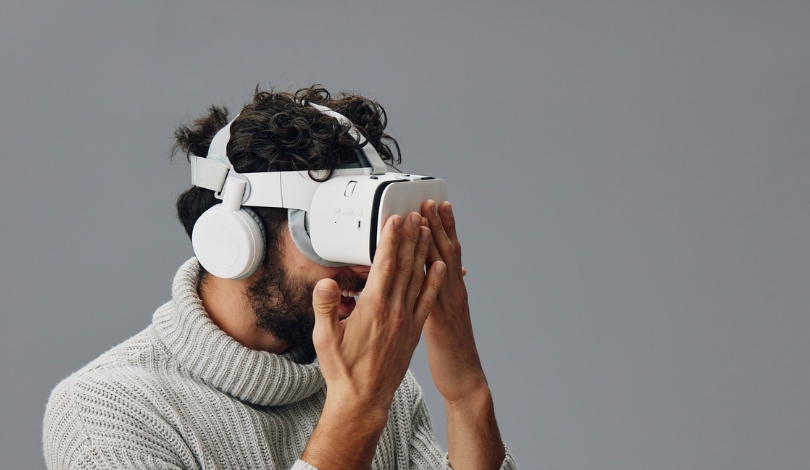Consumers of Samsung wearables will soon notice a range of new features, marking another effort by the company to address the growing expectations for smarter health and fitness tracking. The additions are expected to impact a wide segment of Galaxy Watch users, providing new tools and adjustments aimed at boosting personal wellness. Anticipation is building to see how these changes may influence daily routines, with attention centered on potential improvements in accuracy and usability. Users often look for more than just hardware updates, seeking meaningful software refinements that genuinely enhance their health tracking experience.
Announced updates in recent product cycles have focused mainly on design shifts and battery improvements rather than algorithm modifications. Wearable software updates were typically about bug fixes or new dials, rather than introducing new biometric measurement features or altering core health algorithms. This latest round of updates signals a move towards emphasizing personalized health data, something previously called for by critics of wearable tech.
Which Features Have Been Added?
Samsung is rolling out several new features for its Galaxy Watch line, including more detailed sleep tracking, advanced heart rate analysis, and revised workout detection. Users are set to experience deeper insight into wellness, with a focus on user-friendly metrics and actionable information displayed directly on their wrists. The company’s latest update allows wearers to engage with these metrics in more interactive ways, and prepares the ecosystem for upcoming models such as Galaxy Watch 7.
What Changes Have Been Made to Algorithms?
Core algorithms guiding sleep scoring, heart rate sensing, and physical activity detection have been adjusted. These changes seek more precise measurements and personalized trends, reflecting broader industry trends for accuracy in consumer health devices. A company spokesperson explained,
“We’re committed to providing our users with more reliable and personalized data through these algorithm updates.”
Samsung aims to use these enhanced algorithms to help users better understand their daily health patterns and inform lifestyle adjustments.
How Will Users Respond to These Updates?
Reception will likely hinge on how visible and impactful these feature updates prove in everyday use. Initial responses to previous updates pointed to the need for more meaningful health metrics, a critique Samsung appears keen to address now. The company emphasized its ongoing communication with wearers, stating,
“Listening to our users helps us shape new features that matter in real life.”
Many in the user community are waiting to see if these improvements meet claims of increased accuracy and usability.
Wearable technology continues to develop, reflecting the increased intersection between health tracking and digital convenience. Samsung, alongside other industry players, is competing to deliver precise, easy-to-understand data that resonates with a broad spectrum of users. For those considering a Samsung Galaxy Watch—whether for monitoring sleep patterns, heart rate, or exercise—a close look at these substantive updates is warranted. Tracking changes over software iterations helps users distinguish between basic promises and real-world benefits; this round of updates appears designed to address several longstanding requests. Staying informed about algorithm details and feature lists can help both new and existing buyers make choices that best fit their personal health goals.










